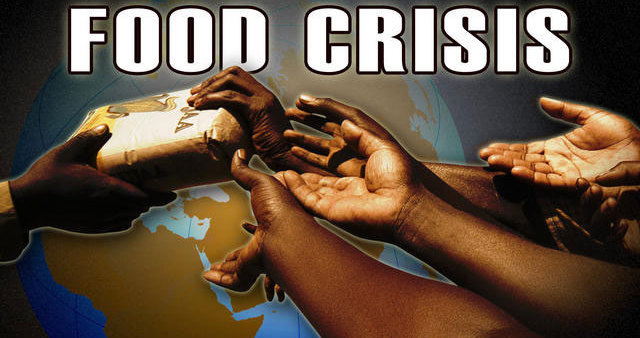Small, developing nations feel impact of food and energy crisis
 New York - The Marshall Islands said Friday electrical power in the small Pacific nation may be switched off in September when its fuel supplies are expected to run out, as high food and energy prices have begun to hit hard some developing countries, particularly small islands isolated from the rest of the world.
New York - The Marshall Islands said Friday electrical power in the small Pacific nation may be switched off in September when its fuel supplies are expected to run out, as high food and energy prices have begun to hit hard some developing countries, particularly small islands isolated from the rest of the world.
"Unless urgent international action is taken, the Marshall Islands will exhaust its present fuel supplies this September," said Rina Targo, a representative of the islands at the United Nations. "This is a dire situation in which we may be left without electricity for the foreseeable future."
The islands' president, Litokwa Tomeing, declared on July 3 a state of emergency because of rising food and fuel prices and ordered conservation measures, she said.
Targo said one measure called for "fast-tracking domestic agricultural projects to reduce heavy dependance upon imported food."
The Philippines have also been hard struck by the rising world food prices. The country recently signed a bilateral agreement with the United States for 216.5 million dollars in food security, and the World Bank has said the Philippines would be eligible for some of the its global food programme funds estimated at 1.2 billion dollars.
Government representatives from those countries were among those meeting in the UN General Assembly Friday to discuss problems arising from the high food and energy prices. The 192-nation body has prepared a comprehensive review of the global situation and called for steps, particularly from rich countries to help poor ones.
The session was opened by UN Secretary General Ban Ki-moon, who said malnutrition had already killed thousands of children around the world before the current food and energy crisis. The UN had reported every year that up to 800 million people worldwide go to sleep hungry every night.
"And now, with energy costs soaring and the price of food increasing by more than 50 per cent in the past year alone, the problem is certain to worsen, potentially pushing an additional 100 million people into hunger and poverty," Ban said.
He said the "double jeopardy" of high food and fuel prices threaten to undermine the UN programmes known as Millennium Development Goals, one of which is to eradicate poverty and hunger by 2015.
Ban had called on the world's group of eight most industrialized nations (G8) assembled in Japan July 8-10 to triple their assistance to agricultural developments in poor countries, saying that the food and energy crisis requires long-term attention from rich governments and international donors.
Japan's UN Ambassador Yukio Takasu told the assembly meeting that the G8 leaders in Japan renewed their commitment to deal with the food crisis and had already pledged 10 billion dollars.
Japan alone has committed 1.1 billion dollars of food and agricultural assistance to developing countries this year, Takasu said. (dpa)